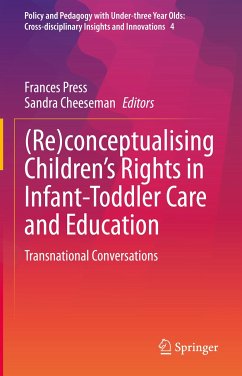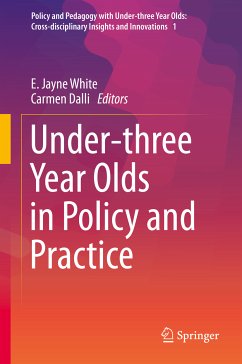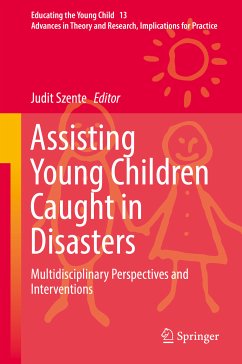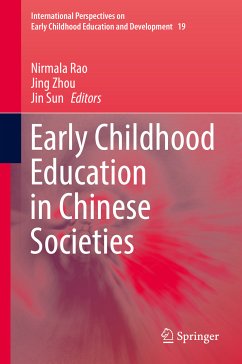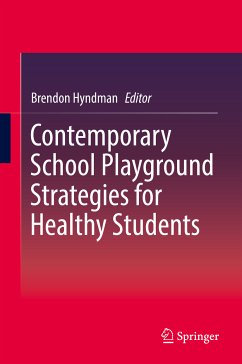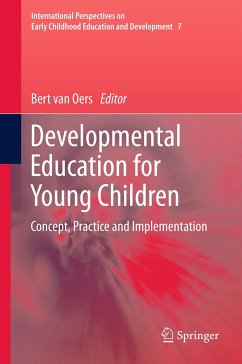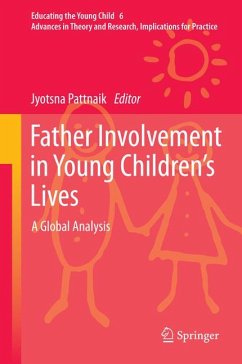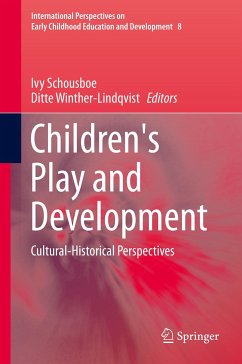
Lived Spaces of Infant-Toddler Education and Care (eBook, PDF)
Exploring Diverse Perspectives on Theory, Research and Practice
Redaktion: Harrison, Linda J.; Sumsion, Jennifer
Versandkostenfrei!
Sofort per Download lieferbar
72,95 €
inkl. MwSt.
Weitere Ausgaben:

PAYBACK Punkte
36 °P sammeln!
This book conceptualizes the 'lived spaces' of infant and toddler early education and care settings by bringing together international authors researching within diverse theoretical frameworks. It highlights diverse ways of understanding the experiences of very young children by exposing the ways that the authors are grappling with the unknown. The work explores broadly the construct and meanings of 'lived spaces' as relational spaces, interactional spaces, transitional spaces, curriculum spaces or pedagogical spaces operating within the social, physical and temporal environment of infant-todd...
This book conceptualizes the 'lived spaces' of infant and toddler early education and care settings by bringing together international authors researching within diverse theoretical frameworks. It highlights diverse ways of understanding the experiences of very young children by exposing the ways that the authors are grappling with the unknown. The work explores broadly the construct and meanings of 'lived spaces' as relational spaces, interactional spaces, transitional spaces, curriculum spaces or pedagogical spaces operating within the social, physical and temporal environment of infant-toddler education settings. The book invites interchange between and among diverse theories and approaches and through this build new understanding of infants' and toddlers' experiences and interactions in early education and care settings. It also considers the implications of this work for policy and practice in infant and toddler education and care.
Dieser Download kann aus rechtlichen Gründen nur mit Rechnungsadresse in A, B, BG, CY, CZ, D, DK, EW, E, FIN, F, GR, HR, H, IRL, I, LT, L, LR, M, NL, PL, P, R, S, SLO, SK ausgeliefert werden.




